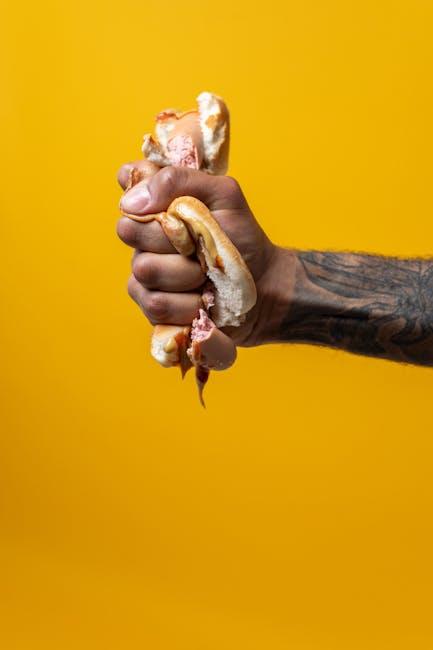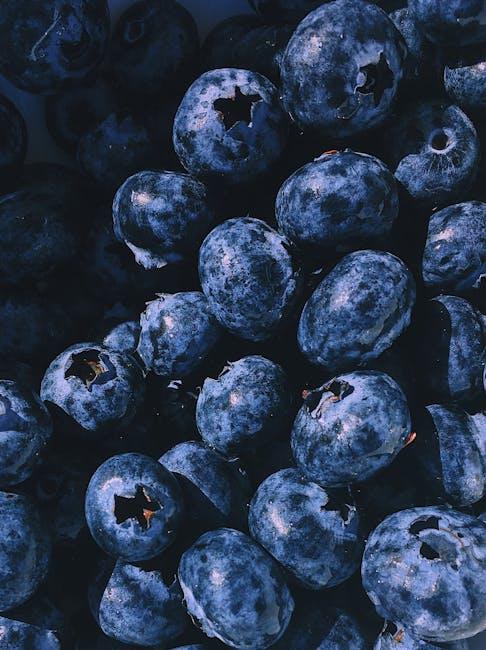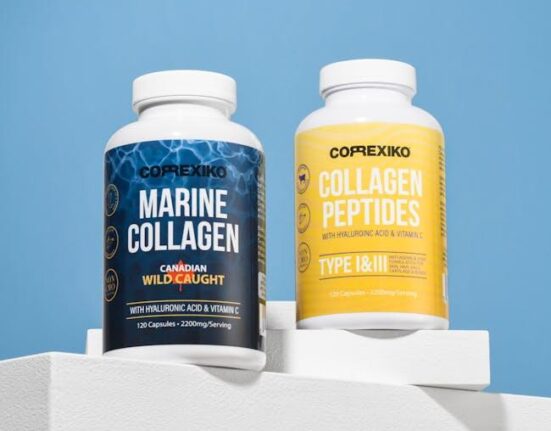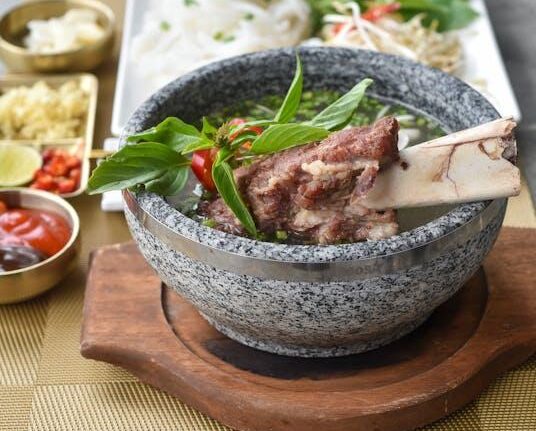Balancing the pleasures of life with health goals can sometimes feel like walking a tightrope — and when it comes to indulging in a drink while following the keto diet, that balance becomes even more delicate. Alcohol and keto each have unique effects on the body, metabolism, and overall progress. Understanding how they interact isn’t just about avoiding missteps; it’s about making informed choices that support your journey. In this article, we’ll explore the nuances of alcohol consumption on a ketogenic lifestyle, unraveling what you need to know to enjoy a sip without tipping the scales.
Understanding How Alcohol Interacts with Ketosis
When you consume alcohol on a ketogenic diet, your body prioritizes metabolizing the alcohol before fats or carbohydrates. This happens because alcohol is recognized as a toxin, prompting your liver to break it down immediately. During this process, ketone production temporarily halts, which can impact your state of ketosis. Additionally, since alcohol contains empty calories without nutrients, it can subtly increase your overall calorie intake, making weight management more challenging on keto.
Key factors to consider include:
- Type of alcohol: Dry wines and spirits contain fewer carbs than beer or sweetened cocktails.
- Impact on blood sugar: Alcohol can cause fluctuations, sometimes leading to hypoglycemia.
- Individual tolerance: Ketogenic adaptation varies, influencing how alcohol affects you personally.
| Alcohol Type | Approximate Net Carbs (per 5 oz or 1.5 oz) | Keto Friendliness |
|---|---|---|
| Dry Wine | 2-3g | Moderate |
| Light Beer | 3-5g | Low |
| Sugar-Free Spirits (Vodka, Whisky) | 0g | High |
| Sweet Cocktails | Over 10g | Very Low |

Choosing Keto-Friendly Alcoholic Beverages
When it comes to selecting drinks that won’t derail your ketosis, focus on those with minimal to zero carbs. Clear spirits such as vodka, gin, tequila, rum, and whiskey are your best bets since they contain no carbs when consumed straight. However, mixers can be a hidden source of sugars, so always opt for soda water, club soda, or zero-calorie mixers to keep your carb count low. Avoid sweetened liqueurs, flavored spirits, and pre-mixed cocktails that often have added sugars and artificial ingredients.
In addition to spirits, some wines and beers fit more comfortably into a keto lifestyle. Dry red and white wines usually contain 2-4 grams of carbs per serving, making them a reasonable choice for moderate consumption. Light beers tend to have fewer carbs than their regular counterparts, but you should check labels as carbs can vary. Here’s a quick guide to help you choose keto-friendly alcoholic beverages:
| Beverage | Approx. Carbs (per 5 oz/1.5 oz) | Keto Friendliness |
|---|---|---|
| Vodka, Gin, Tequila, Rum, Whiskey | 0g | Excellent |
| Dry Red & White Wine | 2-4g | Good (in moderation) |
| Light Beer | 3-6g | Fair |
| Sweet Liqueurs & Cocktails | 10g+ | Not recommended |
- Tip: Always keep track of your drink’s carb content using nutrition labels or a trusted app.
- Tip: Drink plenty of water alongside alcohol to stay hydrated and support your metabolism.

The Impact of Alcohol on Weight Loss and Metabolism
Alcohol can significantly alter the body’s metabolic processes, particularly when you’re following a ketogenic lifestyle. When consumed, the liver prioritizes breaking down alcohol over other nutrients, effectively putting fat burning on hold. This means that calories from alcohol are metabolized first, which can slow down or temporarily stall weight loss. Additionally, many alcoholic beverages are mixed with carb-heavy ingredients, which can kick you out of ketosis and disrupt your body’s fat-burning focus.
Here are some noteworthy impacts alcohol has on ketosis and metabolism:
- Reduced Fat Oxidation: Alcohol metabolism generates acetyl-CoA, which can impede ketone production.
- Increased Appetite: Drinking often leads to overeating, which creates a caloric surplus unfavorable for weight loss.
- Lowered Blood Sugar Stability: Alcohol can cause fluctuations in blood glucose and insulin, making it harder to maintain ketosis.
| Effect | Description | Impact on Keto |
|---|---|---|
| Alcohol Prioritization | Liver metabolizes alcohol before fats and carbs | Delays fat burning |
| Carb Content | Mixed drinks often have hidden sugars | Risk of exiting ketosis |
| Appetite Stimulation | Increases hunger and cravings | Potential weight gain |

Navigating Social Drinking While Staying in Ketosis
Finding the balance between enjoying a night out and maintaining a state of ketosis can be tricky, but it’s far from impossible. The key lies in choosing your drinks wisely and understanding how alcohol interacts with your metabolism. Stick to beverages with zero or very low carbs—think dry wines, light spirits like vodka, gin, or tequila, mixed with soda water or simple sugar-free mixers. Remember, the fewer the carbs, the less likely you are to be knocked out of ketosis. And always hydrate—alcohol can dehydrate you quickly, which may amplify keto flu symptoms or slow down your progress.
It’s just as important to pace yourself and know your limits. Drinking excessively on keto can lead to lower blood sugar, impaired judgment, and a tougher morning after. To help keep track, here’s a quick cheat sheet of popular keto-friendly drinks:
| Drink | Carbs per Serving | Keto-Friendly? |
|---|---|---|
| Dry Red Wine | 2-3g | Yes |
| Light Beer | 3-6g | Limited |
| Vodka Soda | 0g | Yes |
| Margarita (classic) | 10-15g | No |
| Whiskey Neat | 0g | Yes |
- Prioritize lower-carb mixers like soda water, diet tonic, or fresh lemon and lime.
- Avoid sugary cocktails or beers, which can quickly spike carb intake.
- Consider your total daily carb limit and plan your drinks accordingly.

Tips for Minimizing Alcohol-Related Setbacks on Keto
To keep your keto progress on track while enjoying a drink, focus on making smarter alcohol choices. Opt for low-carb spirits like vodka, gin, or tequila, and mix them with zero-carb mixers such as soda water or diet tonic. Avoid sugary cocktails and beer as they often pack hidden carbs that can quickly knock you out of ketosis. Staying hydrated by drinking water between alcoholic beverages not only aids your metabolism but also helps reduce hangover severity, which can be amplified on keto.
Planning ahead is key to avoiding common pitfalls. Eating a keto-friendly snack before drinking keeps your blood sugar stable and may prevent impulsive carb cravings later in the evening. Additionally, listen to your body and limit your intake to avoid impairing your liver’s ability to metabolize fats efficiently. Use the simple guide below to swiftly assess your drink options:
| Drink Type | Estimated Net Carbs | Keto Friendliness |
|---|---|---|
| Vodka Soda | 0g | Excellent |
| Dry Red Wine (5 oz) | 3-4g | Good |
| Light Beer (12 oz) | 3-6g | Moderate |
| Margarita (single) | 10-15g | Poor |
Q&A
Q&A: Alcohol and the Keto Diet – What You Need to Know
Q1: Can I drink alcohol on the keto diet?
A1: Yes, you can enjoy alcohol while on keto, but with some important caveats. The key is choosing low-carb options and drinking in moderation to avoid disrupting ketosis.
Q2: Which alcoholic beverages are best suited for a keto lifestyle?
A2: Clear spirits like vodka, gin, tequila, and whiskey contain zero carbs, making them keto-friendly when mixed with carb-free mixers. Dry wines and light beers have minimal carbs but should still be consumed sparingly.
Q3: How does alcohol affect ketosis?
A3: Alcohol can temporarily pause ketosis because your liver prioritizes metabolizing alcohol over fats. This means fat burning slows down until the alcohol is processed, but it doesn’t necessarily kick you out of ketosis entirely.
Q4: Does drinking alcohol on keto impact weight loss?
A4: Drinking alcohol can slow weight loss for a few reasons: it adds empty calories, may lower inhibitions leading to overeating, and stalls fat metabolism during processing. Mindful consumption helps maintain progress.
Q5: Are there any special considerations for alcohol and keto?
A5: Yes. Keto can amplify alcohol’s effects because your glycogen stores are lower, so you might feel drunk faster. Also, alcohol can dehydrate you, so hydration is crucial. Be cautious and listen to your body.
Q6: What should I avoid drinking on keto?
A6: Avoid sugary cocktails, regular beers, sweet wines, and liqueurs loaded with carbs and sugars. These quickly add up in carbs and can throw you out of ketosis.
Q7: Can alcohol cause any keto-related side effects?
A7: Drinking alcohol on keto can increase the risk of “keto flu” symptoms like headaches or lightheadedness due to dehydration and electrolyte imbalance. Drinking plenty of water and replenishing electrolytes can help.
Q8: How can I enjoy alcohol responsibly on keto?
A8: Stick to carb-friendly drinks, limit your intake, drink water alongside, and avoid eating carb-heavy foods while drinking. Planning ahead helps you enjoy social occasions without compromising your keto goals.
Q9: Is there a best time to drink alcohol on keto?
A9: It’s generally better to consume alcohol after you’ve established stable ketosis and your body is adapted. Drinking periodically rather than daily helps minimize negative effects.
Q10: What’s the bottom line on alcohol and keto?
A10: Alcohol isn’t off-limits, but it requires mindful choices and moderation. Understanding how different drinks interact with your keto lifestyle empowers you to enjoy a social sip without derailing your progress.
Final Thoughts
Navigating the intersection of alcohol and the keto diet doesn’t have to feel like a tightrope walk. With a little knowledge and mindful choices, you can enjoy a drink now and then without derailing your progress. Remember, the key lies in understanding how alcohol affects ketosis, selecting keto-friendly options, and listening to your body’s signals. Cheers to making informed decisions that support both your lifestyle and your well-being—because the journey to your best self should be as enjoyable as it is intentional.














Leave feedback about this